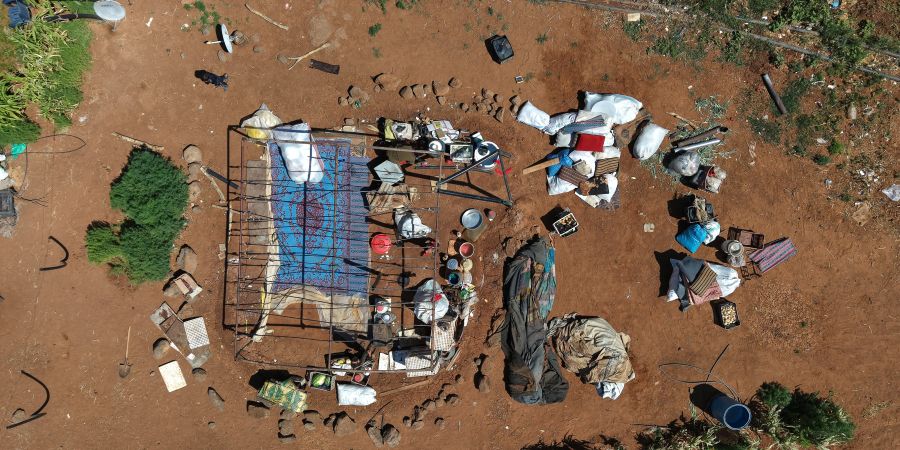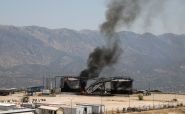Syria: Bedouin Tribes Mobilize, Damascus Redeploys Troops, Israel Delivers Humanitarian Aid
- 18/07/2025
- 5 comments
- 36
- 125


Johnny Kortbawi 18/07 15:55

This is Beirut 18/07 15:50

This is Beirut 18/07 14:55

Makram Haddad 18/07 13:35

This is Beirut 18/07 12:40

This is Beirut 18/07 20:55

This is Beirut 18/07 19:30

This is Beirut 18/07 19:15

This is Beirut 18/07 17:45

This is Beirut 18/07 14:25
This is Beirut 18/07 14:10
This is Beirut 17/07 16:02
Marie de La Roche Saint-André 17/07 15:01
This is Beirut 17/07 14:40

This is Beirut 18/07 12:00

This is Beirut 18/07 10:00

Christiane Tager 17/07 21:45

Liliane Mokbel 17/07 14:50

Christiane Tager 17/07 12:00

This is Beirut 18/07 22:05

Bélinda Ibrahim 18/07 19:00

This is Beirut 18/07 14:00

This is Beirut 18/07 13:30

This is Beirut 18/07 12:00

Makram Haddad 18/07 19:00

Makram Haddad 18/07 18:00

Makram Haddad 18/07 13:25

This is Beirut 18/07 11:55

Makram Haddad 18/07 09:30

Bélinda Ibrahim 17/07 13:00

Bélinda Ibrahim 16/07 11:00

Bélinda Ibrahim 10/07 15:00

Bélinda Ibrahim 09/07 15:00

Makram Haddad 03/07 22:00

par Ici Beyrouth, 00:09

par Ici Beyrouth, 18/07 22:10

par Ici Beyrouth, 18/07 20:10

par Ici Beyrouth, 18/07 19:35

par Ici Beyrouth, 18/07 19:00